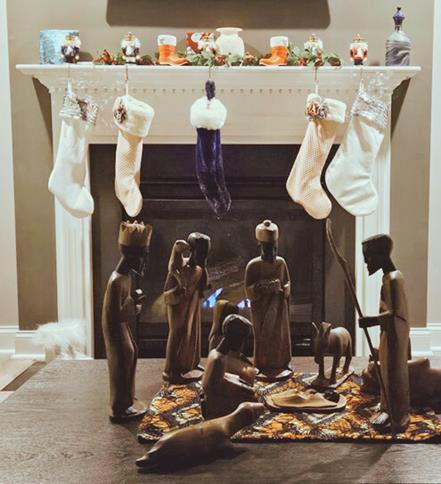Do you like riddles? Here’s a funny one:
Why did the girl throw the clock out the window? (see answer at end)
We are approaching an annual event. Do you know what happens at 2 am on the 1st Sunday in November?
Did you guess pushing the clocks back 1 hour? Daylight Saving Time (DST) is the practice of changing time to maximize the amount of sunlight in a day. Each Fall (Autumn), when the days grow shorter with less daylight, we “fall back” one hour on the clock to maximize daylight. Then in Spring (first Sunday in April), we “spring forward” by advancing the clock forward one hour.
Benjamin Franklin, an American inventor, wrote a scholarly article in 1784 recommending that people go to sleep and get up based on the sun rising and setting, rather than by the clock to save money from not needing to burn as many candles in the evening. But 100 years went by before someone began suggesting standard time changes formally. Britain was the first country to adopt a national Daylight Saving Time in 1918 during World War I, and the U.S. followed soon after. Now, one-third of countries follow the same practice around the world, even though we no longer rely on candles!
Over the past 100+ years, more than 140 countries have followed Daylight Saving Time at some point, but currently it’s about 70 countries. Among the countries that use Daylight Saving Time, each country sets its own start and end date. Interestingly, in the U.S., Hawaii and Arizona are the only two states that do not follow DST. This makes it very confusing for travelers.
The good news for you is that when you go to sleep on Saturday, November 2nd, you’ll get an extra hour of sleep when the clocks fall back! Enjoy the extra sleep and the changing seasons.
Ecclesiastes 3:1 For everything there is a season, and a time for every purpose under heaven.
Map Key: Blue and orange countries currently observe DST. Grey countries formerly observed DST.
Riddle Answer: She wanted to see time fly!
Sincerely,
Tiffanee M. Wright, MA, MPH | Executive Director
AHLI – International Education and Homestay












